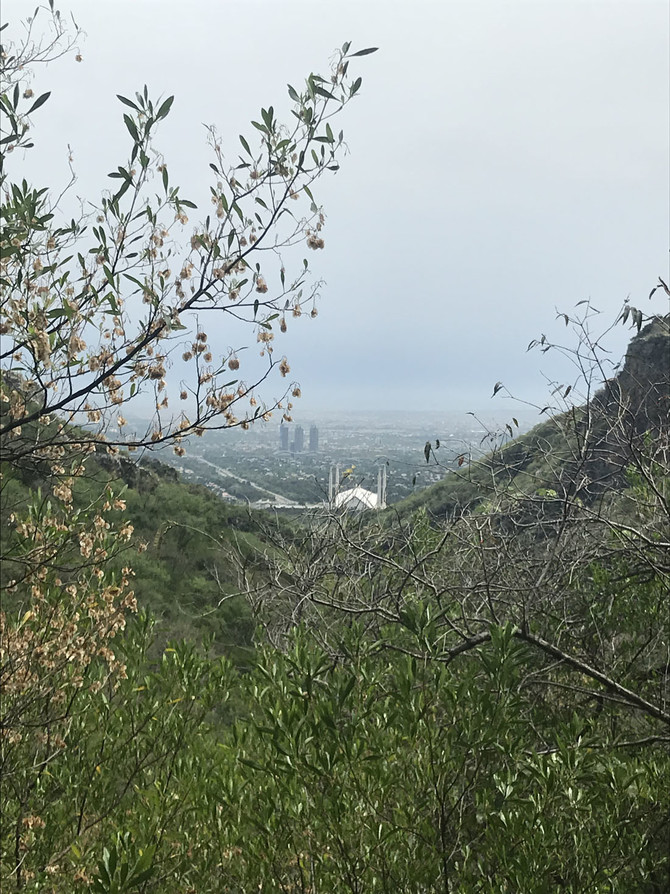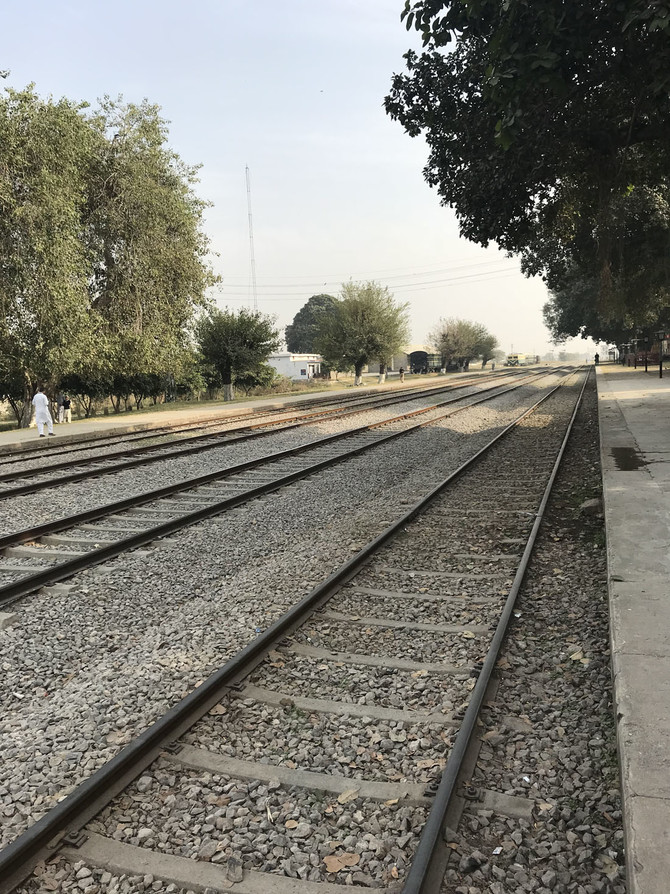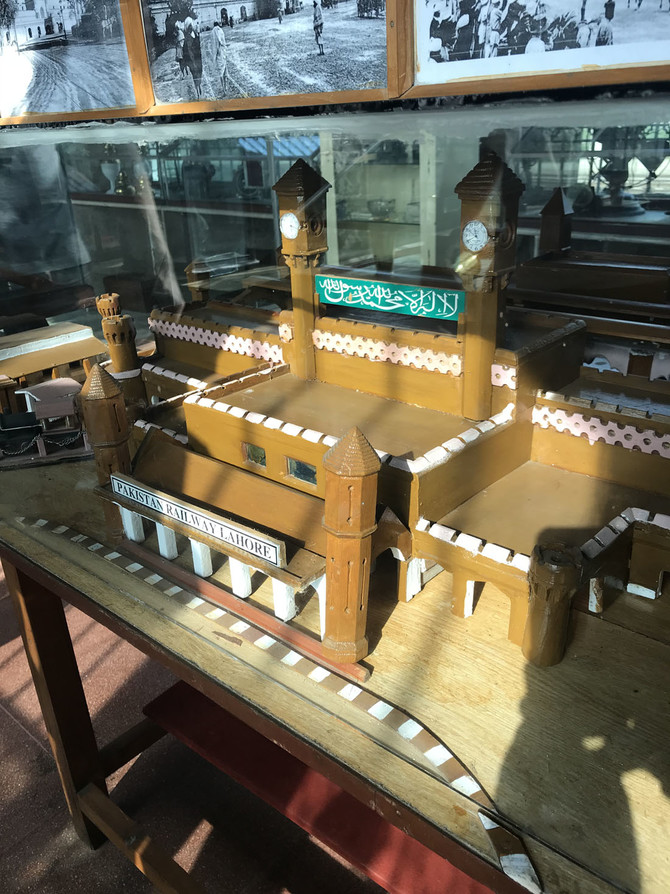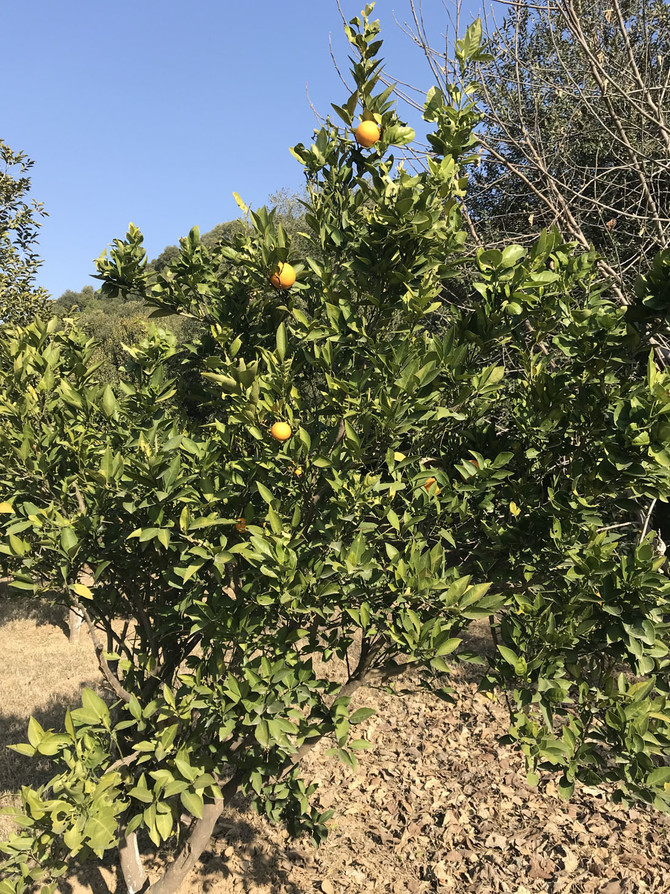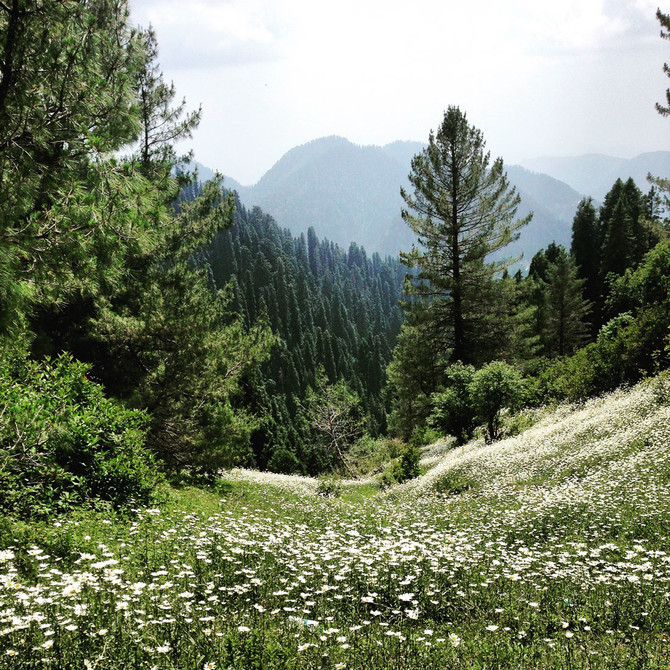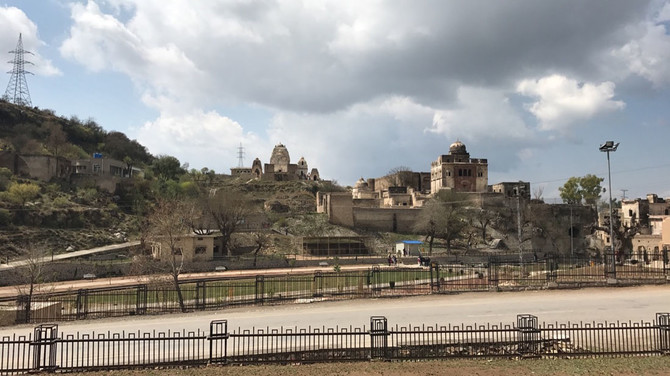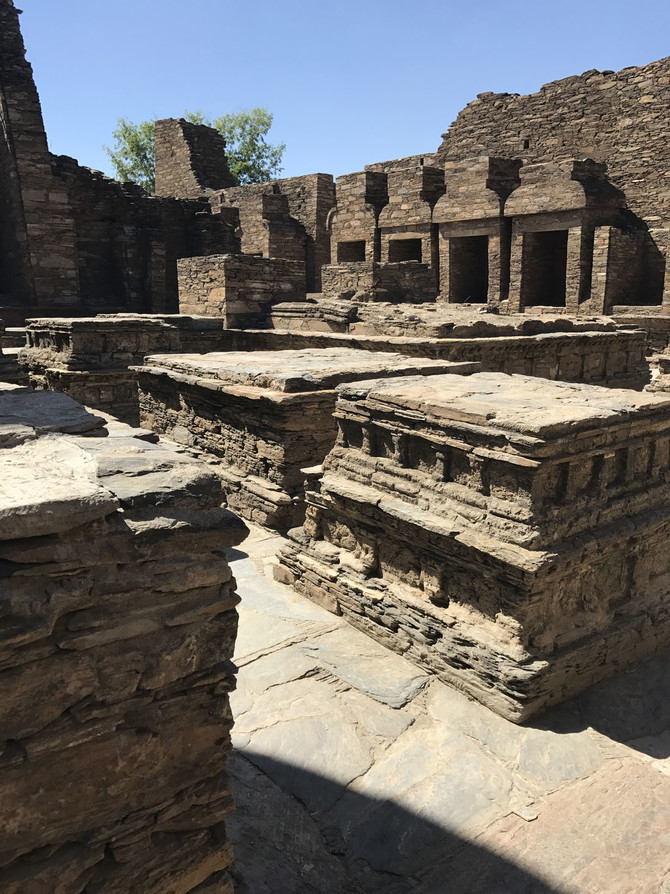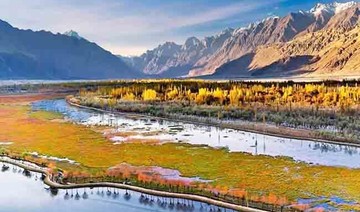ISLAMABAD: Whether we call ourselves Islamabadians, Isloo-ites or (for the young crowd) Islamabaddies, we can give non-capital-dwelling Pakistanis plenty of reasons why we love our city so much. We have the Margalla Hills, for example, with greenery that is overwhelming in the best possible way, and also a front-row seat to the shenanigans of those who run our country.
However, as much as we love the urban life, everyone needs to get away from the hustle and bustle once in a while, and another major benefit of living in Islamabad if the number of great places within easy reach for a quick escape.
When the city goes to sleep, which is relatively early, or the social scene grows tired, which is relatively often, residents are spoiled for choice if they want to head off for a while, whether for a day trip, a long weekend, or even just a few hours of respite.
The easiest escape to make, which you can do on foot, is to head to the Margalla Hills, which give Islamabad’s skyline a substantial scenic boost over other major cities, such as Lahore and Karachi. The Margallas are filled with lush greenery and well-maintained hiking trails that guide you from stony paths to creek beds and forested areas to wide-open ridge walks, all while giving you unparalleled views of the city.
If you really want to hit the hills, drive up to the hill station, or mountain resort town, of Nathia Gali. You will pass through a number of other hill-top towns along the way, including Murree and Bhurban, along with and smaller settlements, such as Charra Pani, offering rest stops and restaurants. It all makes for a wonderful and relaxing few hours away from the city.
For a slightly longer break, Nathia Gali in particular is a great choice for a weekend getaway, with views that will take your breath away (literally, given the altitude) and fantastic hiking trails that allow you to leave the concrete jungle far behind and immerse yourself in nature.
Hills and hiking are not for everyone, and for the nature adverse there are other options for day trips.
In about an hour or less you can drive from the city to Golra Sharif Railway Station. A beautifully preserved, and still-operating, piece of history, the station is impeccably managed, with an on-site museum documenting the history of the station and the country’s relationship with railways, complete with a number of interactive displays. A particular highlight is the chance to tour the railway carriage that Pakistan’s founder, Muhammad Ali Jinnah, traveled in.
About an hour and half from Golra Sharif, there is the chance to take a dip (monsoon permitting) in the cooling waters of the Khanpur Dam. If messing about in the water is not your idea of fun, it is still worth heading there right before spring slips into summer to pick blood oranges straight from the trees.
A mere two hours from there you can find Pakistan’s last active Hindu worship site, the Katas Raj Temples. Located near Kallar Kahar, the group of temples, connected by walkways, are a popular tourist site. Their architectural beauty is set off by the sacred pond they surround which, legend has it, was formed from the teardrops of the Hindu god Shiva after the loss of his wife, Sati.
On the drive back to Islamabad, make a stop at the famed Khewra Salt Mine, outside of Jhelum, which is another popular tourist attraction. After exploring the brightly lit caves — and, if you dare, taking a taste of the salt direct from the walls — you can buy a souvenir of your visit, including pink salt from the mine and gifts crafted from salt, such as lamps and paperweights.
Another great escape within a two-hour drive of the city is Rohtas Fort. A UNESCO-protected World Heritage Site, the massive 16th-century fortress in Jhelum has survived the centuries relatively intact.
Those prepared to venture slightly further afield should head for Mardan to see Takht-i-Bahi, an incredible ancient relic of Buddhism dating back as far as the 1st century. The former monastery, the remains of which have been remarkably well preserved, is also on the UNESCO list and a protected site in Pakistan, and the government has made efforts to restore it where needed.
Whatever your recreational preferences, and whether you have a couple of hours to kill or a few days, a cultural, historical or nature retreat is waiting for you within easy reach of Islamabad.
Culture, history and nature: Islamabad’s best and easiest getaways
Culture, history and nature: Islamabad’s best and easiest getaways

- A drive of less than three hours will take you far from the hustle and bustle of the city and bring you face to face with some of Pakistan’s hidden heritage and historical sites
- Great getaways within easy driving distance of the capital include protected historical sites in Jhelum, Khewar and in Mardan
Pakistan, seven Muslim nations back Palestinian technocratic body, stress Gaza-West Bank unity

- The National Committee for the Administration of the Gaza Strip was announced on January 14
- Muslim nations call for consolidation of the ceasefire and unimpeded humanitarian aid into Gaza
ISLAMABAD: Pakistan and seven other Muslim-majority countries on Thursday welcomed the formation of a temporary Palestinian technocratic body to administer Gaza, stressing that it must manage daily civilian affairs while preserving the institutional and territorial link between the Gaza Strip and the West Bank amid the ongoing peace efforts.
In a joint statement, the foreign ministers of Pakistan, Egypt, Jordan, Saudi Arabia, Qatar, Türkiye, Indonesia and the United Arab Emirates said the newly announced National Committee for the Administration of the Gaza Strip would play a central role during the second phase of a broader peace plan aimed at ending the war and paving the way for Palestinian self-governance.
“The Ministers emphasize the importance of the National Committee commencing its duties in managing the day-to-day affairs of the people of Gaza, while preserving the institutional and territorial link between the West Bank and the Gaza Strip, ensuring the unity of Gaza, and rejecting any attempts to divide it,” the statement said.
The committee, announced on Jan. 14, is a temporary transitional body established under United Nations Security Council Resolution 2803 and is to operate in coordination with the Palestinian Authority, the ministers said.
The statement said the move forms part of the second phase of US President Donald Trump’s Comprehensive Peace Plan for Gaza, which the ministers said they supported, praising Trump’s efforts to end the war, ensure the withdrawal of Israeli forces and prevent the annexation of the occupied West Bank.
The top leaders of all eight Muslim countries attended a meeting with Trump in New York last September, shortly before he unveiled the Gaza peace plan.
The ministers also called for the consolidation of the ceasefire, unimpeded humanitarian aid into Gaza, early recovery and reconstruction and the eventual return of the Palestinian Authority to administer the territory, leading to a just and sustainable peace based on UN resolutions and a two-state solution on pre-1967 lines with East Jerusalem as the Palestinian capital.




